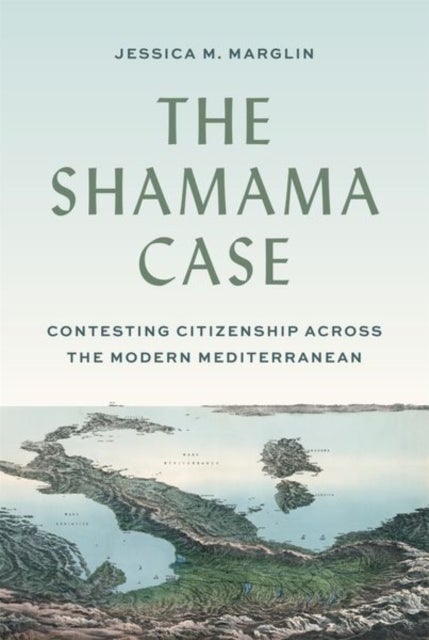
The Shamama Case av Jessica Marglin
319,-
<p><b>How a nineteenth-century lawsuit over the estate of a wealthy Tunisian Jew shines new light on the history of belonging</b><br><br>In the winter of 1873, Nissim Shamama, a wealthy Jew from Tunisia, died suddenly in his palazzo in Livorno, Italy. His passing initiated a fierce lawsuit over his large estate. Before Shamama''s riches could be disbursed among his aspiring heirs, Italian courts had to decide which law to apply to his estate¿a matter that depended on his nationality. Was he an Italian citizen? A subject of the Bey of Tunis? Had he become stateless? Or was his Jewishness also his nationality? Tracing a decade-long legal battle involving Jews, Muslims, and Christians from both sides of the Mediterranean, <i>The Shamama Case</i> offers a riveting history of citizenship across regional, cultural, and political borders.<br><br>On its face, the crux of the lawsuit seemed simple: To which state did Shamama belong when he died? But the case produced hundreds of pages in legal








